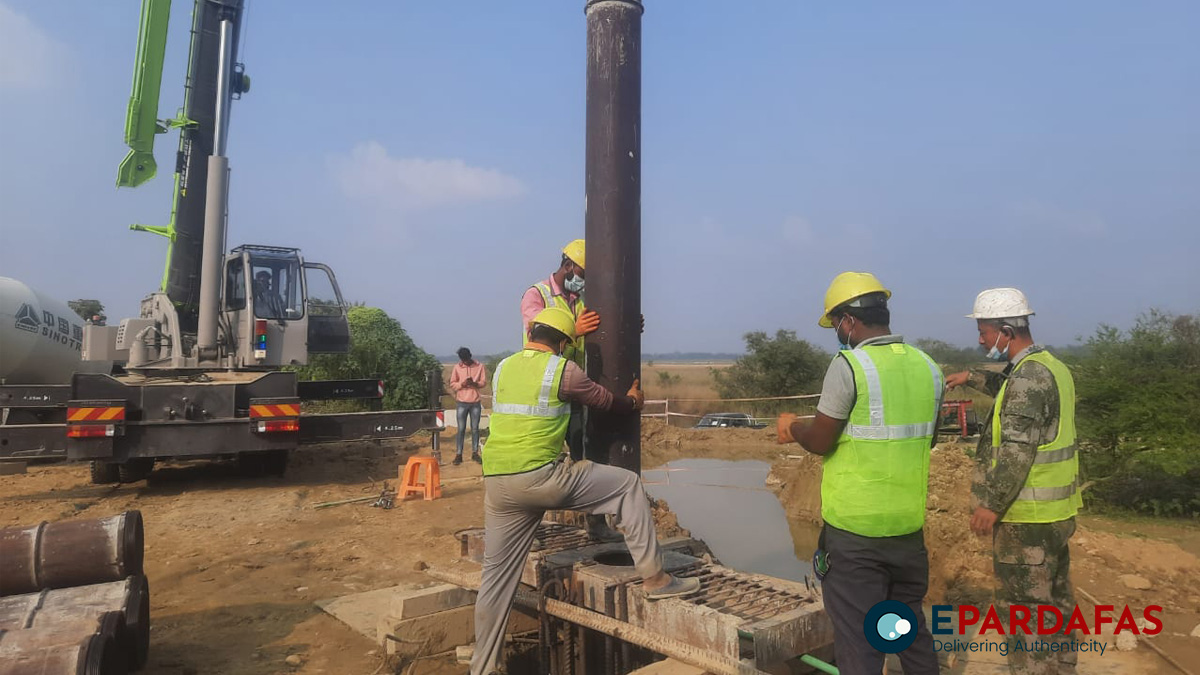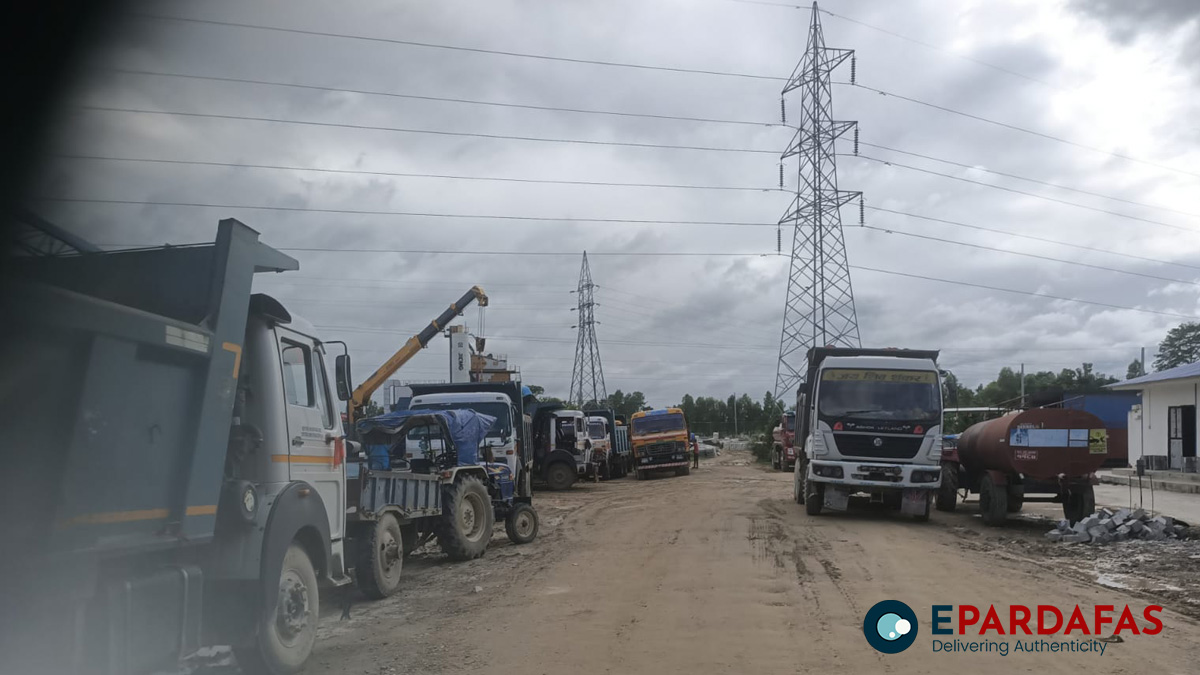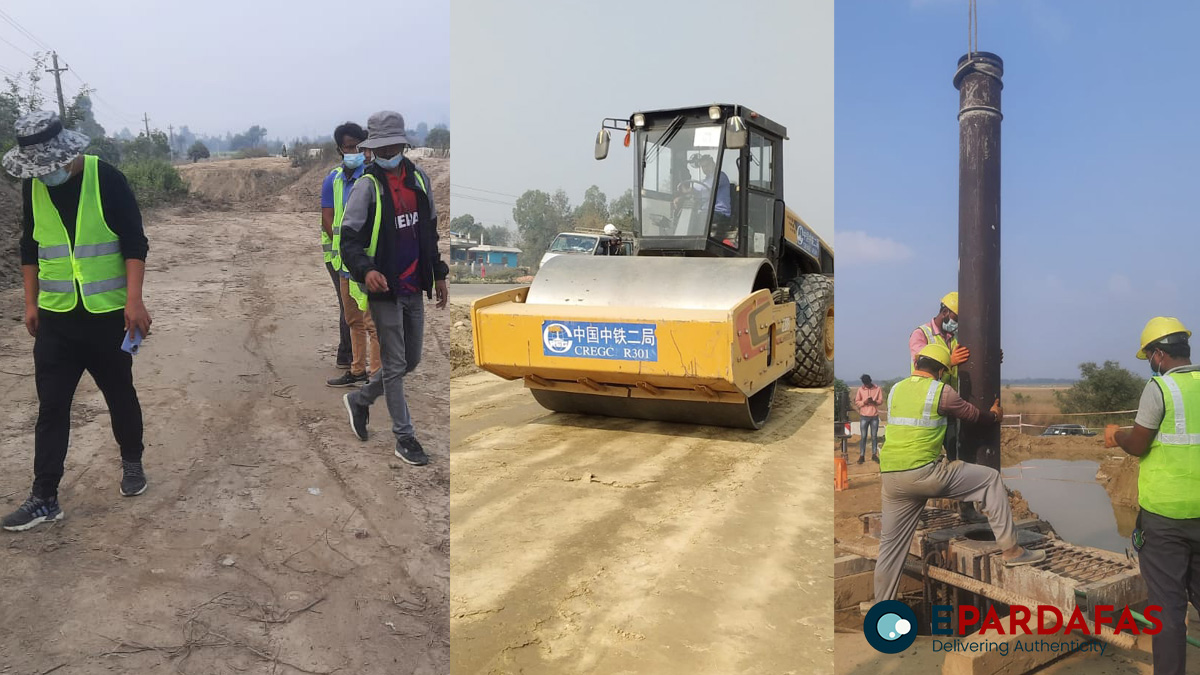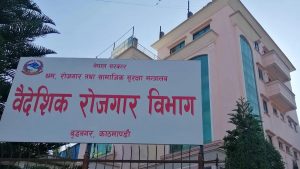
Exploitation and Scandal Surrounding Chinese Company in Madhesh Pradesh
The issue of Chinese officials and workers engaging in harassment, misbehavior, and even violence against Nepali individuals in connection with various construction projects is not new. Recent incidents have raised concerns about labor, sexual, and economic exploitation, drawing attention to a worrying trend of misconduct and negligence by Chinese companies operating in Nepal.
Dawa Dindup Tamang, the ward chairman of Rasuwa’s Gosaikund Rural Municipality-2, recounted an incident where he faced severe insult during his visit to China, even when obtaining a vehicle pass. The situation escalated to the point where a Nepali driver was brutally beaten by Chinese police for violating general traffic rules in China. Tragically, the Nepalese driver lost one of his eyes during this incident, sparking a public outcry.
Instances of such behavior are not isolated to China, as similar incidents are starting to unfold within Nepal. The Tatopani border crossing, primarily controlled by China and closed due to the COVID-19 pandemic, has faced criticism for its arbitrary closures. Disturbingly, a businessman from Sindhupalchok took his own life due to mistreatment by Chinese authorities. Such actions by Chinese officials are considered rare, but the recent occurrences are raising concerns.
In Madhesh province, reports of labor exploitation by Chinese contractors have emerged. China Railway No. 2 Engineering Group Company Limited (CREGC) is responsible for the construction, upgrading, and rehabilitation of a significant stretch of the east-west highway, including 54 bridges. The project, supported by the Asian Development Bank (ADB), began in June 2020 and involves significant Chinese involvement.

Disturbingly, the Chinese contractors are reportedly planning to extend the project’s deadline by six months, deviating from the established timeline. Laborers from Nepal, numbering around 350, have accused the Chinese company of withholding their wages for several months, a blatant violation of Nepal’s labor laws.
Notably, workers are allegedly coerced into silence, fearing job loss if they report the exploitation. Chinese officials within the company hold sway over local and central administrations, evident in the presence of security officers and local administrators at the project site.
Reports have also emerged of sexual abuse perpetrated by a Chinese national against a Nepali female worker. This incident occurred last year, involving a Chinese official at the supervisor level who eventually married the woman. Tragically, the Chinese citizen abandoned her, leaving her in a state of distress. The victim had been working as a female language translator for the China Railway Company for approximately eight months and is still awaiting justice.

Additionally, China Railway Company has allegedly halted payments to tripper operators from various suppliers for the past eight to nine months, leading to sporadic protests at the project site. While the payment for Hongsi cement, used in construction, remains uninterrupted, this raises questions about financial practices.
Furthermore, the company’s decision to invite around one hundred Chinese engineering students as interns, instead of hiring Nepali engineers, has been met with criticism. This move comes at a time when Nepali engineers are grappling with unemployment, highlighting issues of fairness and preference.
The exploitation, misconduct, and negligence surrounding the Chinese company’s activities in Madhesh Pradesh are a cause for concern. Such incidents demand attention from both Nepali authorities and international organizations, as they pose serious threats to the welfare and rights of Nepali workers and communities affected by these projects.















Comments